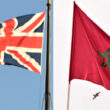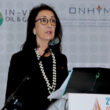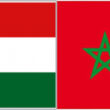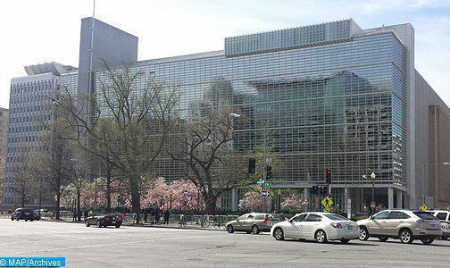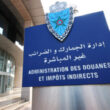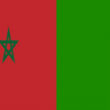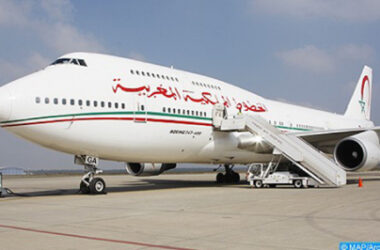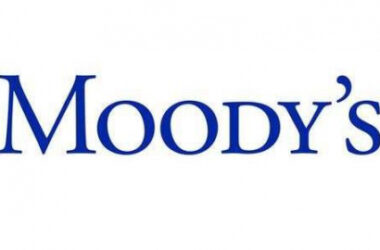Entitled “Morocco’s trade policy: assessment and outlook”, this joint report reviews the general thrust of Morocco’s trade and industrial policies over the past thirty years, which have anchored the Kingdom in international trade flows for goods, services and investment.
According to the authors of the foreword for this 527-page volume, Jesko Hentschel, World Bank country director for Maghreb and Malta, and Karim El Aynaoui, PCNS president, Morocco continues to reap significant benefits from the opening-up of its economy, despite the challenges of a complex geopolitical environment.
These include the growing integration of Moroccan companies into cross-border production networks, and solid performance in exporting and attracting investment, they stressed, noting that Morocco stands out as one of the best-performing and most stable economies in its region.
Noting the colossal progress made by the country in reducing poverty, the authors noted, in line with the recommendations of the New Development Model, that Morocco can do better in terms of convergence of citizens’ living standards with their neighbors of the north.
According to El Aynaoui and Hentschel, the central message of the analyses in this volume is that Morocco can do much more to realize its full commercial potential, particularly in terms of strengthening the competitiveness of exporting companies, which requires further reform and investment.
The authors cite the need to develop the skills of the Moroccan workforce, improve the business environment and incentives for private investment, and maintain the competitiveness of the exchange rate, which should be more flexible in the face of endogenous and exogenous shocks.


